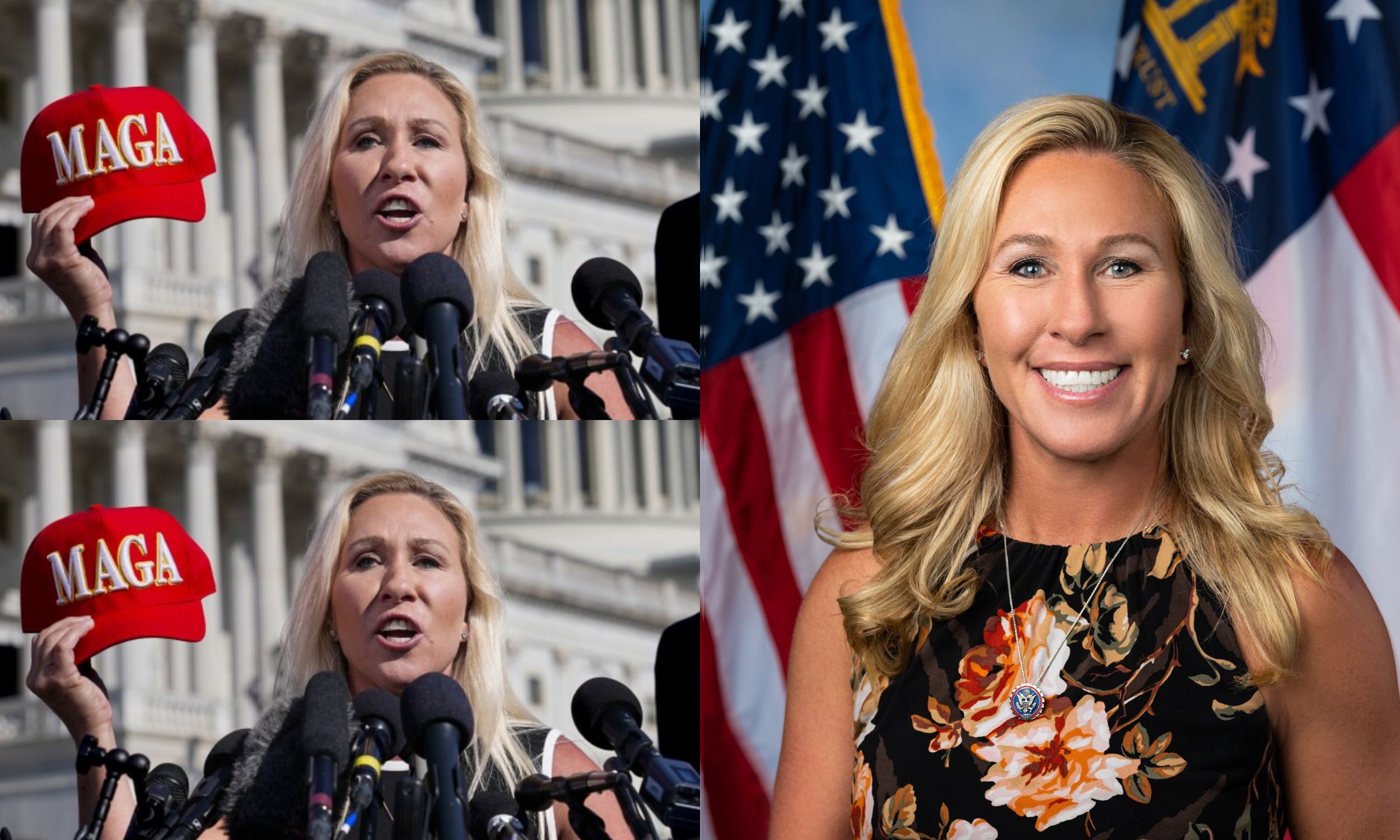In his bid to consolidate support ahead of the House Speaker election, Rep. Mike Johnson (R-La.) is making efforts to win over his staunchest critics within the GOP. With a slim majority in the House, Johnson aims to neutralize dissent and secure broad backing for his leadership. Rep. Thomas Massie (R-Ky.), who previously led opposition against Johnson, has softened his stance.
After recent discussions during the Thanksgiving break, Massie acknowledged that he is more open to supporting Johnson, though he stopped short of a full endorsement. This marks a shift from his earlier, staunch opposition, where he declared he would never vote for Johnson “come hell or high water.”

Similarly, Rep. Marjorie Taylor Greene (R-Ga.), another vocal critic, has confirmed her support for Johnson. Greene, who spearheaded a previous motion to vacate, cited a productive private meeting and her appointment to chair a Delivering on Government Efficiency subcommittee as factors influencing her decision. She now plans to back Johnson in the upcoming January 3 vote.
Johnson, who was renominated by House Republicans in a unanimous voice vote, still faces challenges on the House floor. With Republicans holding a narrow majority, Johnson can afford to lose support from only one Republican member, assuming all other votes fall along party lines. The specter of dissent among hardline conservatives, like Massie, remains a potential hurdle.
The Speaker has also worked to address concerns from the Freedom Caucus regarding disaster relief funding. Despite outreach efforts, the caucus issued a statement opposing “unpaid” disaster aid, indicating that Johnson may need Democratic votes to pass critical measures. His recent pledge to reject additional Ukraine aid requested by President Biden could help solidify support among conservatives.
Other former critics, such as Rep. Warren Davidson (R-Ohio) and Rep. Andy Biggs (R-Ariz.), have shown signs of alignment, with both suggesting they are likely to back Johnson if no missteps occur. Rep. Max Miller (R-Ohio) also expressed his support, emphasizing party unity as no alternative candidate has emerged.
The fraught process of electing a Speaker underscores the lingering divisions within the GOP. In January 2023, a prolonged standoff delayed former Speaker Kevin McCarthy’s election, culminating months later in his ousting.
Johnson, chosen to succeed him, now faces the task of maintaining cohesion among Republicans while managing pressing legislative deadlines, including government funding that expires on December 20.
Although some past conflicts have been smoothed over, uncertainty persists. Massie, who holds a seat on the influential Rules Committee, hinted at stepping back due to his workload. This acknowledgment of internal strains highlights the balancing act Johnson must explore to solidify his position and advance his agenda.
